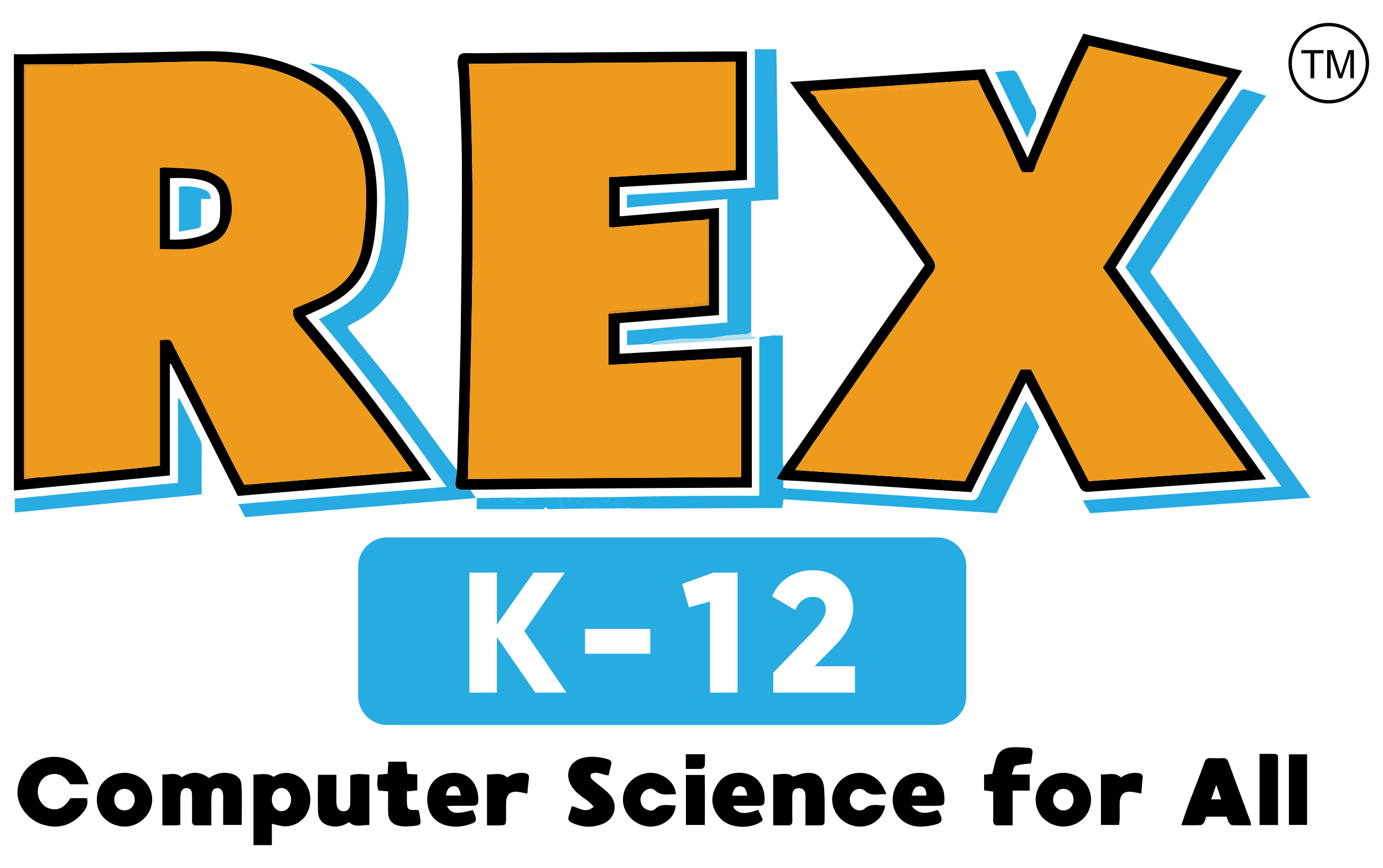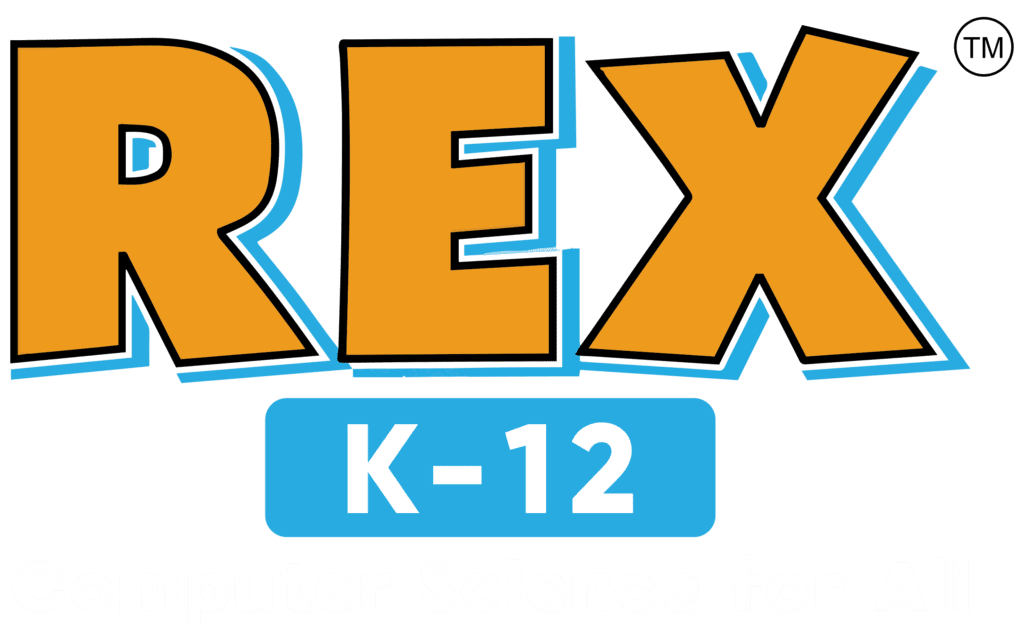News on CS Education Changes 2024: Progress and Persistent Challenges
The landscape of computer science (CS) education in K-12 is evolving rapidly, marked by significant progress and ongoing challenges. As we look forward to 2024, here’s a breakdown of the current state of CS education and what needs to be done to ensure every student has the opportunity to learn essential computer science skills.
The Good News: Progress in CS Education
Growing Availability: There’s a national push for computer science education, and it’s yielding results. More schools are offering foundational CS courses than ever before. Currently, over 57% of high schools provide these courses, marking a substantial increase from previous years. This growth is a positive step towards ensuring that more students can benefit from a comprehensive K-12 computer science curriculum.
Increased Recognition: The importance of computer science is gaining widespread recognition. Many principals now view CS education as equally or more important than traditional core classes. This shift in perspective is crucial for integrating computer science into the standard educational framework, emphasizing its role in preparing students for future careers and societal contributions.
Funding Boost: States are allocating more funding for computer science education, which is essential for training teachers and developing resources. This financial support is crucial for schools looking to teach K-12 computer science classes effectively. With increased funding, schools can invest in high-quality instructional materials, cutting-edge technology, and professional development for teachers.
The Challenges That Remain
Unequal Access: Despite the progress, disparities in access to computer science education persist. While access is increasing, not all schools offer CS courses, creating an uneven playing field for students. Ensuring that every student, regardless of their location or socioeconomic background, has access to computer science education remains a critical challenge.
Participation Gaps: Even when CS courses are available, participation rates lag, particularly among girls and underrepresented minorities. These participation gaps highlight the need for targeted efforts to encourage a diverse range of students to engage with computer science. Breaking down stereotypes and creating inclusive, engaging learning environments is essential to attract a broader spectrum of students.
Teacher Training: A sufficient number of qualified CS teachers is still needed. Although increased funding is helping to bridge this gap, the demand for skilled educators continues to outpace supply. Providing ongoing training and professional development is vital to creating a strong pipeline of qualified K-12 computer science teachers. Schools looking to hire a K-12 computer science teacher must prioritize investing in their professional growth.
The Overall Picture: Momentum with Focus
While there’s positive momentum in CS education, ensuring that all students can benefit from these advancements requires continued focus on several key areas:
Expanding Access: Making sure all schools offer computer science courses is crucial, regardless of location or socioeconomic factors. Schools needing assistance with implementing new CS courses should consider partnering with organizations that specialize in providing comprehensive K-12 computer science curriculum support. Contact us if you need help implementing new CS courses.
Encouraging Participation: Efforts to encourage participation must focus on breaking down stereotypes and making computer science education more inclusive. Creating engaging and supportive learning environments can attract a wider range of students. For example, schools can offer advanced placement computer science exam preparation courses to motivate and prepare students for higher-level CS studies.
Supporting Teachers: Supporting teachers with ongoing professional development and training is essential. This not only helps current teachers stay updated with the latest in computer science education but also helps build a pipeline of new, qualified educators. Schools can benefit from resources and training programs aimed at equipping teachers with the skills they need to succeed. Contact us for professional development opportunities for your teachers.
Ultimately, the future of K-12 computer science education is promising, but challenges still remain. By focusing on expanding access, encouraging participation, and supporting teachers, we can ensure that all students have the opportunity to develop the critical skills and knowledge they need to thrive in the digital age. Continued efforts and strategic investments in these areas will help create a more equitable and comprehensive computer science education system for all students.














